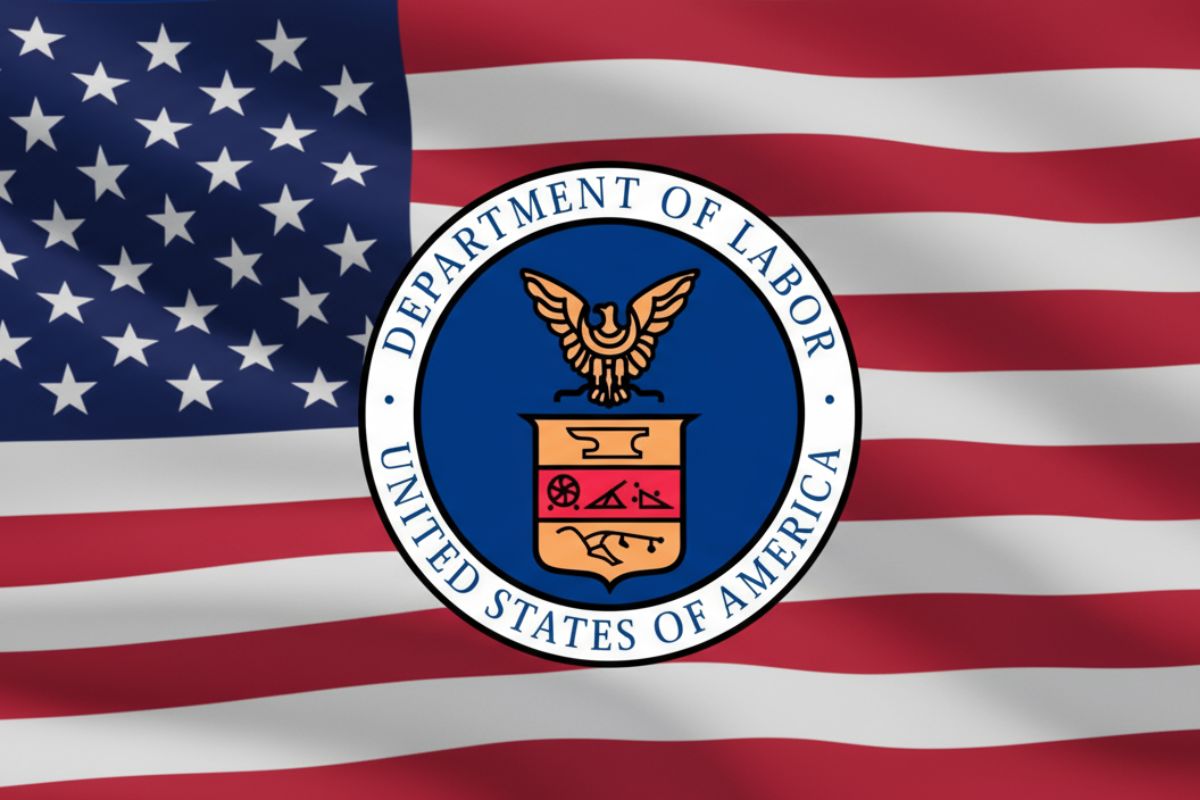The U.S. Department of Labor (DOL) has recently rolled out a new initiative called Project Firewall, aimed at tightening enforcement of the H-1B visa program. The move signals tougher checks on how employers treat foreign workers and whether they’re following the rules on pay and documentation.
What Is Project Firewall
Project Firewall is a new plan from the U.S. Department of Labor to keep a closer eye on how companies use the H-1B visa program. In plain words, it means the government will do more random checks and investigations to make sure employers are paying H-1B workers fairly and following all the rules.
What’s Changing
Under Project Firewall, the DOL plans to:
- Conduct more frequent audits of Labor Condition Applications (LCAs).
- Launch investigations even without a formal complaint.
- Share findings with other government agencies like USCIS and the Department of Justice.
This means employers could see more surprise checks and broader probes into their hiring and wage practices.
Possible Penalties
If any company is found violating H-1B rules, the consequences can be serious. Penalties may include:
- Repayment of back wages to workers
- Heavy fines
- In the worst cases, being banned from the H-1B program altogether
The DOL also hinted that it will now treat even small mistakes in paperwork more seriously, which could mean that employers see fewer warnings and more penalties.
What Employers Should Do
Companies that rely on H-1B workers are being urged to review their compliance now. Recommended steps include:
Audit Public Access Files (PAFs)
Go through every LCA file carefully, ensuring all documents are complete, signed, and accurate. Missing or sloppy paperwork is one of the easiest compliance mistakes to avoid.
Check Payroll Against LCAs
Regularly confirm that H-1B employees are being paid exactly what was promised in the LCA. Even small inconsistencies between pay and paperwork can create serious legal trouble.
Standardize Job Classifications
Make sure job titles, SOC codes, and wage levels line up correctly across filings. Inconsistent descriptions can look like intentional misrepresentation, even if it was an administrative error.
Post Notices Correctly
LCA postings must be visible at each worksite and kept on record. Skipping or misplacing these notices can count as a violation during a DOL audit.
Monitor Third-Party Vendors
If H-1B workers are placed at client sites, companies need to confirm that vendors follow the same rules. Poor oversight can lead to shared liability and penalties.
Train Internal Teams
HR, managers, and legal staff should understand H-1B rules, how to escalate compliance issues, and what to do during a government investigation or audit.
Prepare for Audits
Have a clear response plan with designated contacts, communication protocols, and organised records. Being ready before investigators arrive makes the process far less disruptive.
Final Thoughts
Project Firewall is a warning shot. The DOL is shifting from a reactive approach to a proactive one, meaning employers will need to be much more careful about how they manage H-1B workers. For companies, this is the right time to clean up records and tighten compliance before investigators come knocking.
Follow and connect with us on Facebook, Twitter, LinkedIn, Instagram and Google News for the latest travel news and updates!
